7 Stages of Alzheimer's disease
Alzheimer's disease is a cerebral degeneration disease characterized by a steady disorder of memory and behavior that over time prevents the patient from behaving properly in daily life, performing work, with social communication disorder, proteins with a pathological structure are deposited during the period of the disease in the brain. And the appearance of these pathological proteins leads to the death of nerve cells. Reducing the number of neurons reduces the amount of vectors they produce, which is necessary for the proper functioning of the brain.
Show key points
- Alzheimer's disease is a progressive brain disorder marked by memory loss, behavioral changes, and eventual inability to function independently.
- Abnormal protein deposits in the brain during Alzheimer's lead to nerve cell death and reduced neuronal communication.
- While the exact cause is unknown, aging, genetic predisposition, and health factors like hypertension and diabetes increase Alzheimer's risk.
- ADVERTISEMENT
- The disease progresses in seven stages, starting from no visible symptoms to severe cognitive and physical decline.
- Early stages involve subtle memory issues and minor confusion, often mistaken for natural aging.
- Middle stages show more obvious impairments in reasoning, organization, and daily functioning, requiring support from caregivers.
- In the final stages, individuals lose the ability to speak, move, or eat independently, necessitating full-time care and comfort-focused support.
What is Alzheimer's disease?

Alzheimer's disease is a cerebral degeneration disease characterized by a steady disorder of memory and behavior that over time prevents the patient from behaving properly in daily life, performing work, with social communication disorder, proteins with a pathological structure are deposited during the period of the disease in the brain. And the appearance of these pathological proteins leads to the death of nerve cells. Reducing the number of neurons reduces the amount of vectors they produce, which is necessary for the proper functioning of the brain.
Recommend
Causes
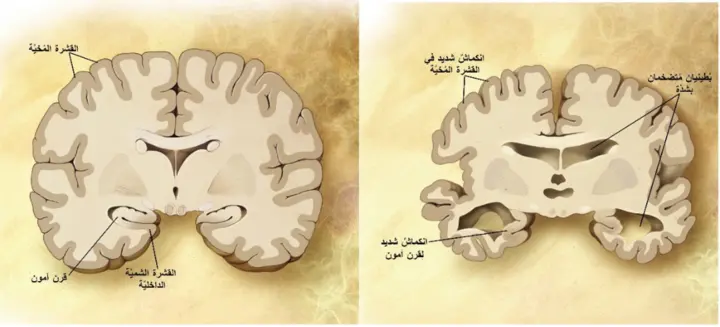
Most cases of Alzheimer's disease are sporadic, i.e. not related to family history. Specialists believe that genetic and environmental factors influence the development of the disease. However, it has not been accurately identified which affects the progression of the disease and to what extent it contributes to its occurrence. The risk of Alzheimer's disease increases with age. It occurs more often in women. If there is a family history of dementia, the risk of Alzheimer's disease almost doubles. The occurrence of diseases such as high blood pressure, heart failure, type II diabetes, as well as lack of social contact and low physical activity, increases the risk of Alzheimer's disease. You can help support your loved one with Alzheimer's by learning more about how the condition progresses.
Stages aren't always divided into ordered boxes, and symptoms may vary, but they can be a guide and help you plan to care for your friend or relative. Doctors call these different stages the development of the disease.
There are no cures for Alzheimer's disease, so it may be worth knowing what to expect so you can plan to meet your loved one's needs at each stage.There are no strict and fast lines between mild and moderate stages, but over time, you can expect changes like those listed below.
Stage I: Normal External Behavior

Alzheimer's disease usually begins silently, with changes in the brain that begin years before anyone notices the problem. When your loved one is at this early stage, they won't have any symptoms you can detect. Only a positron emission tomography (PET) scan, an imaging test that shows how the brain works, can detect whether they have Alzheimer's disease. As they move on to the next six stages, your friend or relative with Alzheimer's will see more and more changes in their thinking and logic.
Phase II: Very Light Changes
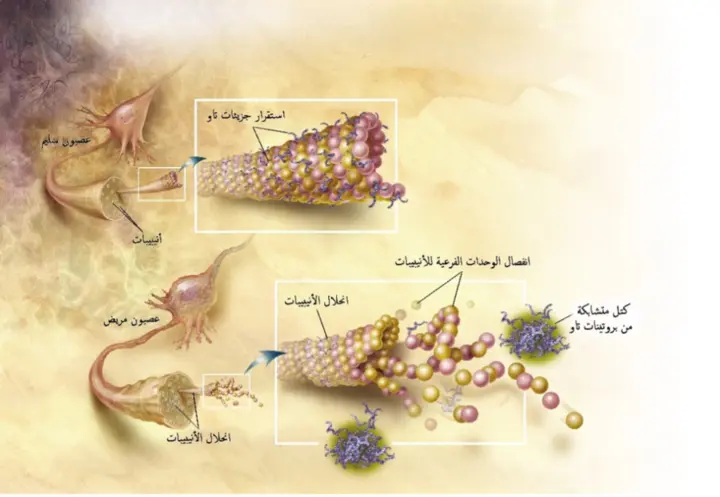
You may not notice anything in your loved one's behavior, but he may notice small differences, things that even a doctor can't detect. This can include forgetting words or misplacing things. At this stage, the exact symptoms of Alzheimer's disease do not interfere with their ability to work or live independently.
Keep in mind that these symptoms may not be Alzheimer's disease at all, but just natural changes due to aging.
Stage Three: Moderate Decline
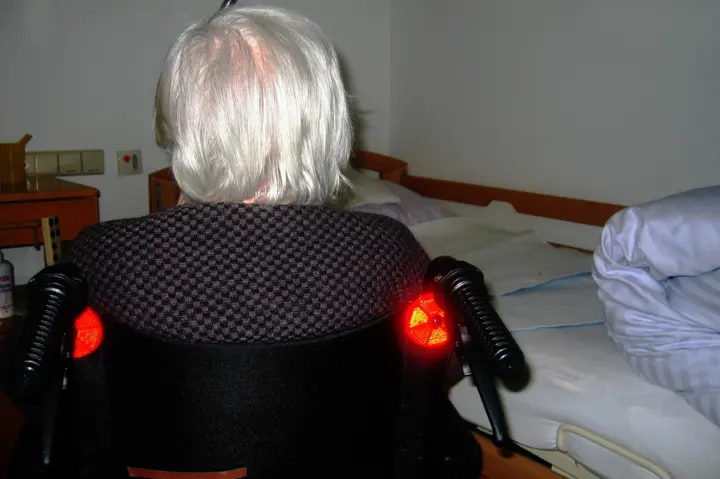
At this stage, you begin to notice changes in your loved one's thinking and reasoning, such as:
• Forgets something he just read
• Asks the same question over and over again
• Faces more and more problems in making plans or organizing
• Cannot remember names when meeting new people
You can help here by being the "memory" of your loved ones, making sure they pay bills and get to appointments on time. You can also suggest that they relieve stress by retiring from work and arranging their legal and financial affairs.
Stage IV: Moderate deterioration
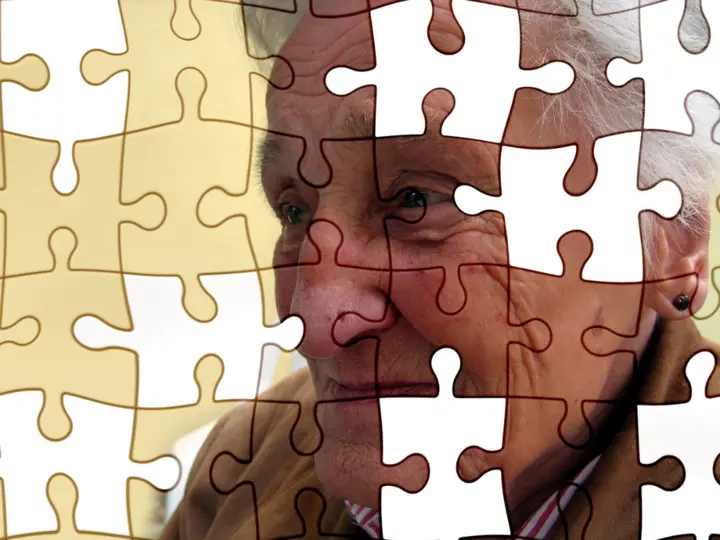
During this period, the thinking and reasoning problems that I noticed in the third stage become more pronounced, and new problems appear. Your friend or family member may:
• Has trouble setting the correct date and amount on the cheque
• Forgets what month or season is
• Having difficulty cooking meals or even ordering from the menu
• Difficulty using the phone
• Does not understand what is being said to him
• Struggle in performing tasks with multiple steps such as cleaning the house.
You can help with daily chores and follow the means of protection. Make sure they stop driving anymore, and that no one is trying to exploit them financially.
Stage Five: Deterioration to some extent
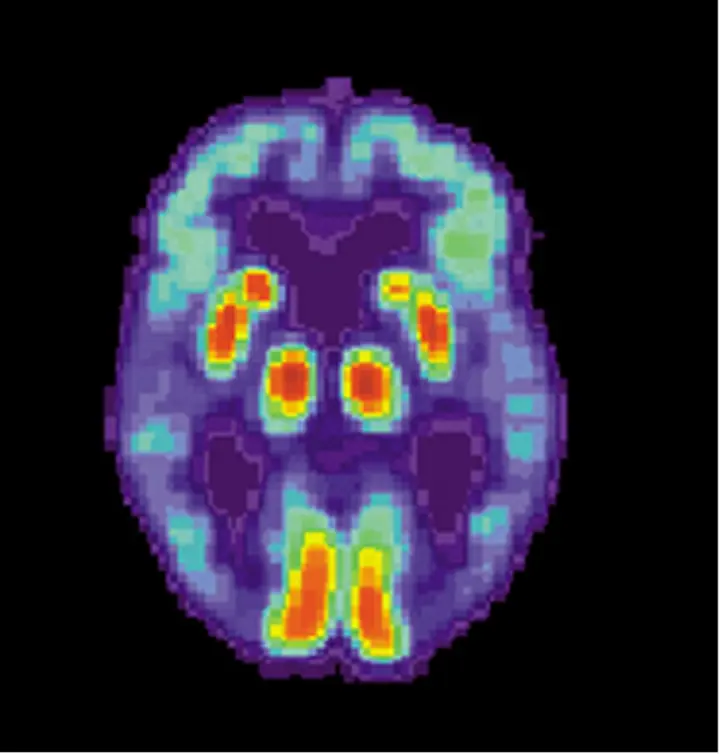
Your loved ones may begin to lose the ability to know where they are and the current time. They may have difficulty remembering their address, phone number or school location. They may feel confused about what kind of clothing to wear for the day or season. You can help by tidying up their clothes in the morning. We can help them dress themselves and maintain a sense of independence.
If they repeat the same question, answer in a calm, reassuring voice. Maybe they ask the question less to get an answer and maybe more just to let them know you exist.
If your loved one can't remember the facts and details, they may still be able to tell a story. Invite them to use their imagination in those times.
Stage Six: Severe Deterioration
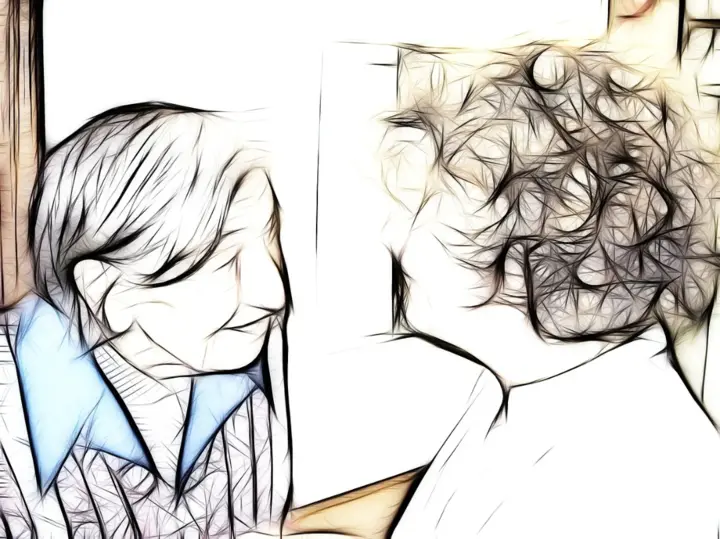
As Alzheimer's progresses, your loved one may recognize faces but forget names. They may also mistake someone for another, for example, believing that their spouse is their mother. Illusions may appear, such as thinking that they need to go to work even though they no longer have a job.
You may need to help them go to the bathroom. It can be difficult to speak, but you can still communicate with them through the senses. Many people with Alzheimer's like to listen to music, read to them, or look at old photos.
At this stage, your loved one may struggle to:
• Feed themselves
• Swallow food
• Get dressed
They may also have:
• Skin infections
•Pneumonia
• Difficulty walking
• Changes in their sleep patterns
Stage VII: Very Severe Deterioration

During this period, many of the basic abilities of a person with Alzheimer's disease fade away, such as eating, walking and sitting. You can continue to participate by feeding your loved ones soft, easy-to-swallow food, helping them use a spoon, and making sure they drink. This is important, because many people at this stage can no longer know when they feel thirsty.








